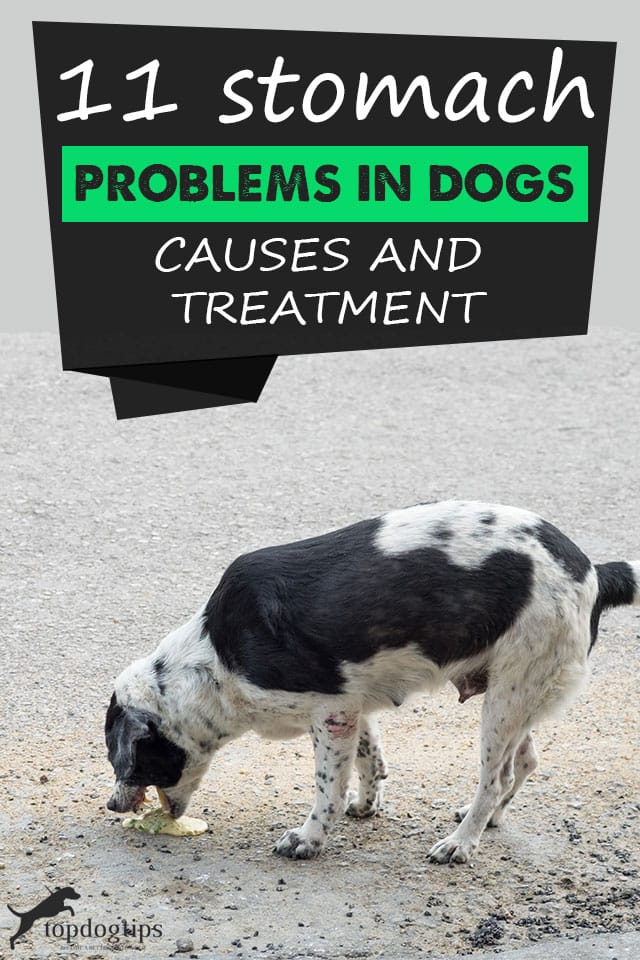Malabsorption in dogs is a complex condition where the digestive system fails to properly absorb essential nutrients. This can stem from issues with food digestion, absorption, or both. When digestion is impaired, it’s often due to a lack of critical enzymes produced by the pancreas, a condition known as exocrine pancreatic insufficiency. More commonly, malabsorption arises from diseases affecting the small intestine, which is the primary site for nutrient absorption. This overview aims to provide a comprehensive understanding for dog owners, covering the signs, diagnostic complexities, and treatment strategies for malabsorption.
The most telling signs of malabsorption are directly related to the body’s inability to take in and utilize nutrients, leading to their loss in feces. Dogs experiencing malabsorption typically suffer from chronic diarrhea and significant weight loss. Their appetite can be unpredictable, ranging from a complete loss of interest in food to excessive hunger. It’s important to note that diarrhea may not always be present, even in severe cases. Weight loss can be substantial, occurring despite a good appetite. Some dogs may even resort to eating feces or non-food items as a coping mechanism or due to nutritional deficiencies. Beyond these primary symptoms, dogs with malabsorption generally appear healthy unless a severe underlying inflammation or cancer is present. Other non-specific signs can include dehydration, anemia, dark or tarry stools (melena), and fluid retention. A veterinarian might also detect thickened loops of bowel or enlarged abdominal lymph nodes during a physical examination.
Diagnosing malabsorption can be challenging due to the overlap of symptoms with other canine diseases. Chronic diarrhea and weight loss are common indicators for a variety of conditions, making a precise diagnosis often require more than one veterinary visit. A thorough veterinary examination is crucial to determine if the signs are a manifestation of a generalized or metabolic disease. Specific tests can help differentiate malabsorption from other issues such as inflammatory bowel disease, liver disease, or parasitic infections. A dog’s medical history is invaluable, as it can point towards potential food allergies, the ingestion of foreign objects, or other sensitivities. While weight loss can suggest malabsorption or protein-losing conditions, it can also be a result of appetite loss, vomiting, or non-digestive ailments. Differentiating between small and large intestinal diarrhea involves observing certain characteristic features. If signs include weight loss or large volumes of stool, it strongly suggests small intestinal involvement. Initial diagnostic steps typically involve blood, urine, and fecal tests, along with X-rays and abdominal ultrasounds. In some cases, specialized blood tests and tissue biopsies may be necessary for a definitive diagnosis.
Treatment for malabsorption is a multi-faceted approach that includes dietary modifications, managing any complications, and addressing the root cause if identifiable. For cases caused by exocrine pancreatic insufficiency, treatment involves a specialized diet that is low in fiber, moderate in fat, rich in highly digestible carbohydrates, and contains high-quality protein. Supplementation with pancreatic extracts is essential to provide the enzymes the pancreas cannot produce. If a dog shows a poor response to pancreatic enzyme replacement therapy, small intestinal bacterial overgrowth (SIBO) might be suspected. Treatment for SIBO typically involves a course of oral antibiotics for approximately one month to reduce bacterial proliferation. The effectiveness of treating underlying small intestinal diseases varies based on the specific disorder. When a precise diagnosis is elusive, treatments may be initiated on a trial basis.
Dietary management is a cornerstone in handling small intestinal diseases. Your veterinarian might recommend an exclusion diet, which involves feeding a single protein source that your dog has never been exposed to before, as a diagnostic tool for food sensitivities. It is paramount that you adhere strictly to the prescribed special diet and any medications. Owners might be tempted to offer “special treats” outside the diet, but this can significantly hinder diagnosis and delay the necessary treatment. During this sensitive period, rewarding your dog with non-food items like petting, a new toy, or a comfortable blanket can be beneficial. Often, the most appreciated reward for a dog is extended periods of your focused attention.
The prognosis for dogs with malabsorption is generally positive if a simple cause is identified. For instance, approximately 85% of dogs diagnosed with exocrine pancreatic insufficiency respond favorably to pancreatic enzyme treatment. However, the outlook is less optimistic for dogs suffering from severe small intestinal disease, cancer, fluid retention due to low protein levels, significant weight loss, low vitamin B12 levels, or a persistent lack of appetite. Careful management and veterinary guidance are key to improving the quality of life for dogs experiencing malabsorption. If you suspect your dog may be suffering from digestive issues, it is crucial to consult with your veterinarian for an accurate diagnosis and treatment plan.

